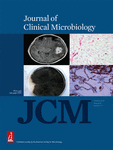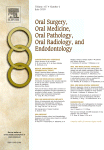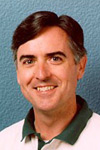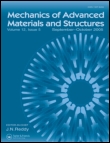 A group in the Netherlands has retracted a case study on the diarrheal pathogen Campylobacter jejuni, commonly found in animal feces, after repeated tests showed the bacteria was actually C. fetus, which also causes spontaneous abortion in cows and sheep.
A group in the Netherlands has retracted a case study on the diarrheal pathogen Campylobacter jejuni, commonly found in animal feces, after repeated tests showed the bacteria was actually C. fetus, which also causes spontaneous abortion in cows and sheep.
The 46-year-old man who had previously had an aortic valve replacement came to the doctors with endocarditis, an inflammation of the heart. Initial tests showed that it was due to a C. jejuni infection, which often lives in chickens, wombats, kangaroos, and sheep.
Only a few cases of endocarditis caused by C. jejuni had ever been reported. Unfortunately, a thorough followup made it clear that a different pathogen was at play. Let’s consider this retraction a model for all others in its clarity and thoroughness.
Take it away, notice for “Aortic Homograft Endocarditis Caused by Campylobacter jejuni“: Continue reading Authors issue a model retraction for mistaken bacterial identity







